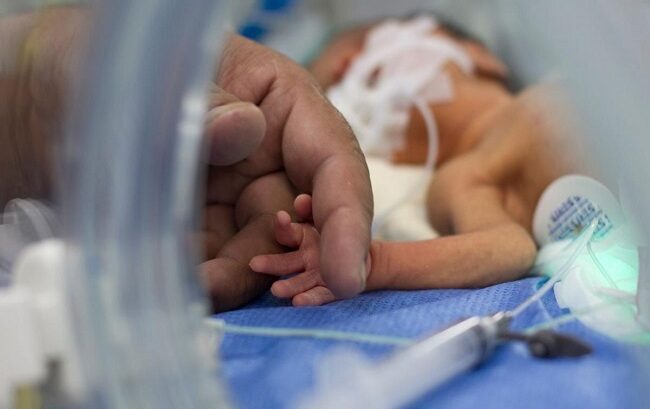PRETERM BIRTHS
The 17th day of November every year is dedicated to raise awareness of premature births around the world. A baby is said to be born prematurely if delivered after less than 37 weeks of pregnancy. A normal pregnancy lasts for about 40 weeks. In 2018 the World Health Organization released a report on the countries with the most premature births in the world. Nigeria was listed as the third country with the highest preterm births. There are three categories of preterm births
- Extremely preterm- babies born after less than 28 weeks of pregnancy
- Very preterm- babies born after 28 to 32 weeks of pregnancy
- Moderate to late preterm- babies born after 32 to 37 weeks of pregnancy.
The reasons for preterm births are largely unknown. Some factors that could lead to a premature birth are:
- Less than 6 months interval between pregnancies
- Multiple miscarriages or abortions
- A previous premature birth
- Alcohol and tobacco use
- Medical conditions such as pre-eclampsia, diabetes etc.
- Problems with the uterus or cervix
- Infections
Most preterm births occur spontaneously. WHO recommends a minimum of 8 contacts with health professionals throughout a pregnancy in order to identify and manage risk factors. A health professional can detect early signs of premature birth and treat the symptoms to avoid preterm birth.
Pre-term babies often require intensive care. They may experience problems with their lungs, hearts and other organs during the first couple of weeks after their birth. Pre-term babies get intensive care in the hospital’s neonatal intensive care unit. They get round the clock supervision and care during their entire stay in the NICU. The amount of time a baby stays in the NICU will depend on the baby’s health condition. Extremely pre-term babies usually spend a lot more time in the NICU. While most pre-term babies will develop normally, some may develop long term effects such as;
- Learning difficulties
- Anaemia
- Behavioural and social-emotional problems
Access to quality healthcare greatly increases the survival of babies born pre-term. If there are signs that a pre-term birth is imminent, it is advisable to have the baby in a hospital that has standard NICU facilities and staff.
FERTILITY TREATMENT AND PRE-TERM BIRTHS
One of the possible causes of pre-term births is multiple pregnancies. Fertility treatments that involve transfer of embryos may increase chances of pre-term births if multiple embryos are transferred into the uterus. This is done to increase the chances of pregnancies especially in older women or due to the cause of infertility in the first place.
To prevent multiple pregnancies and reduce the chances of pre-term births, fertility doctors implant only one embryo at a time in most cases. The embryo implanted is determined to be the healthiest one. Patients can decide to preserve other healthy embryos in case the first cycle is unsuccessful or for future use. Your fertility doctor will advise you on the best course of action.

